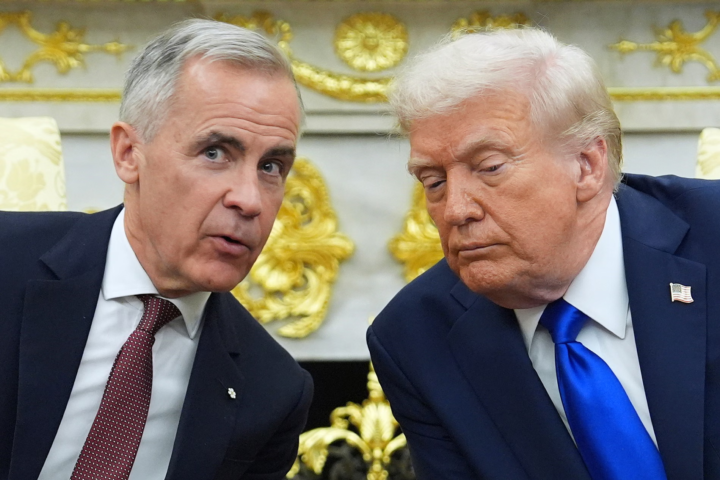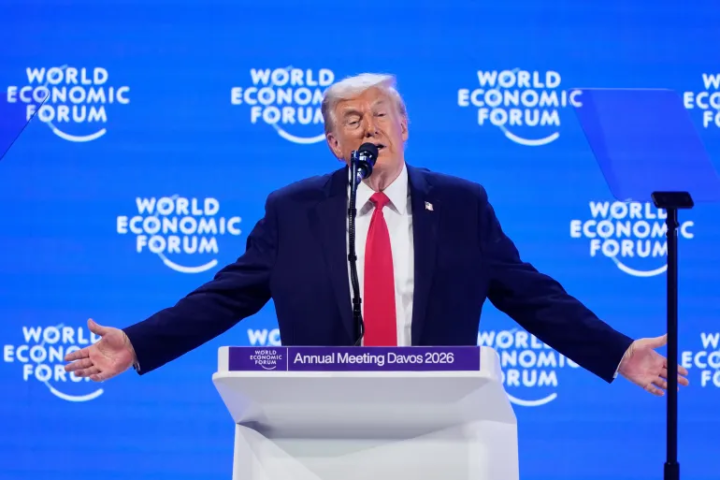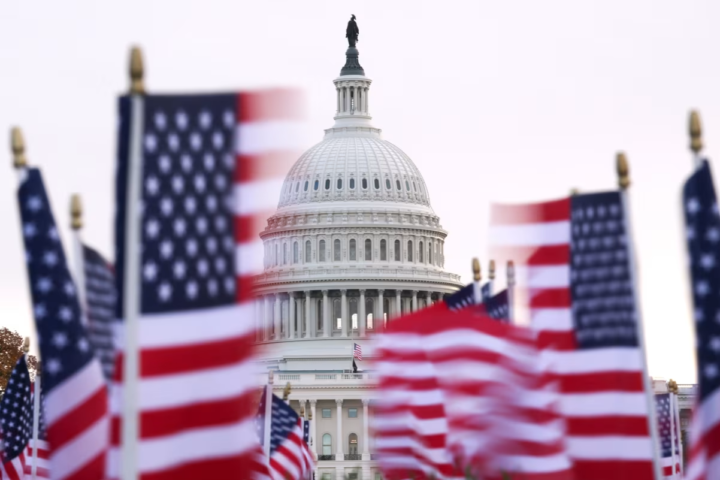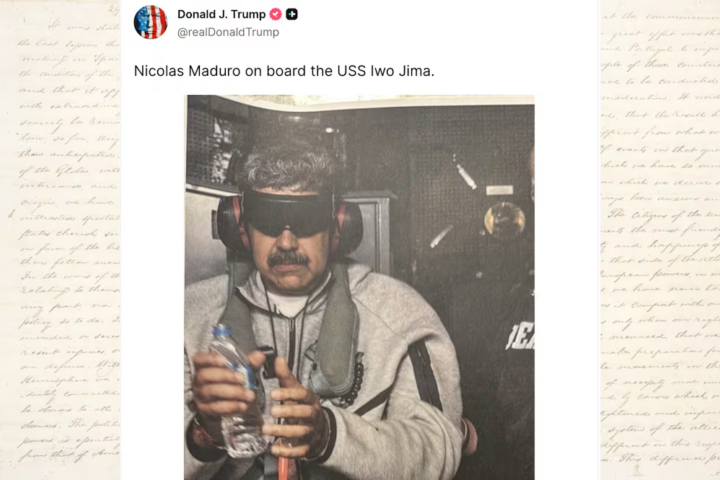The Sovereignty Showdown: How Lula’s Resistance Shaped Trump’s Tariff War into a Political BonanzaRIO DE JANEIRO — When then-U.S. President Donald Trump strong-armed Brazil into abrogating the criminal prosecution of his buddy Jair Bolsonaro — with devastating tariffs as a threat if it refused to back down — he expected it to oblige. Instead, Brazilian President Luiz Inácio Lula da Silva lashed back with a statement that sparked a world firestorm: “Trump was elected to govern the U.S., not to be the emperor of the world.”
What started as a July 10 threat of tariffs has escalated into an epochal battle of sovereignty, judicial autonomy, and the boundaries of US power in a multipolar international order. And against expectations, Lula — whose approval ratings were historic lows only a few weeks ago — rides on a wave of nationalism driven by Trump’s own taunt.
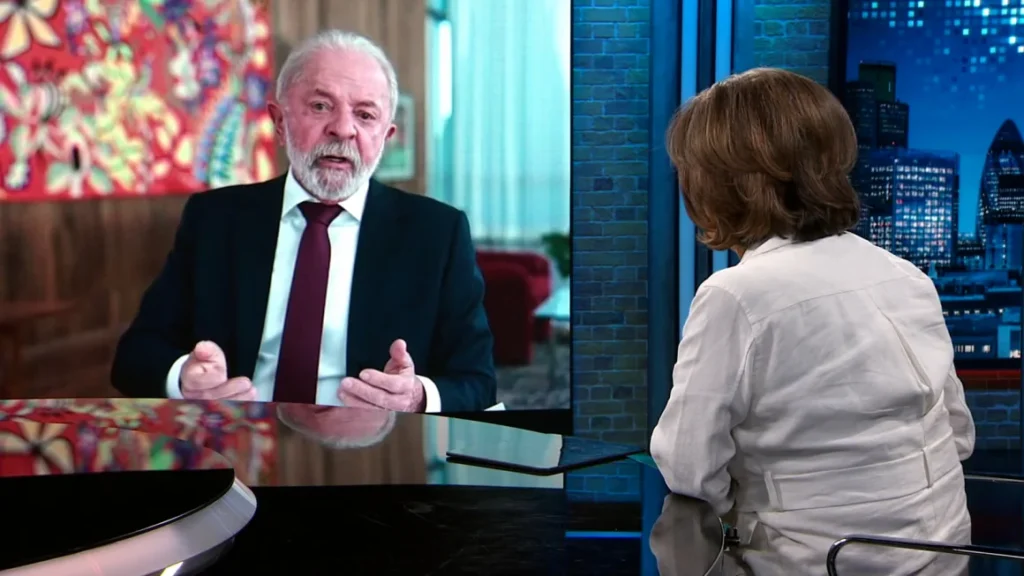
Brazilian President Lula da Silva speaks with CNN’s Christiane Amanpour on Thursday
The Ultimatum That Backfired
Trump’s gambit was startlingly direct: Slap 50% tariffs on all Brazilian imports by August 1 unless Bolsonaro’s prosecution for “alleged coup plotting” ended “IMMEDIATELY!” In a letter to Lula, Trump denounced the trial as a “witch hunt,” mirroring his rhetoric about U.S. legal cases against himself.
Economists blanched. The U.S. enjoyed a $6.8 billion trade surplus with Brazil in 2024. American aircraft, machinery, and refined fuel exports would suffer most from retaliation. “This isn’t leverage; it’s self-sabotage,” warned former Brazilian Central Bank President Ilan Goldfajn.
Lula’s response was visceral: “No foreigner will give orders to this president,” he declared, using the colloquial gringo to sharpen his defiance. “This is unacceptable blackmail against our nation’s sovereignty.”
The Blue Cap Revolution
In the course of a single evening, Lula was transformed from beleaguered leader to nationalist icon. Donning a navy-blue cap printed with the slogan “Brazil Belongs to the Brazilians” — a tactical adoption of MAGA imagery — he made public rage political comeback.
The effect was swift:
Lula’s popularity jumped 10 points in days, with 72% supporting his position.
Brazil’s divided right-wing bloc fell apart. Right-wing anti-Lula Estado de S.Paulo newspaper editorialised: “Wearing Trump’s cap today means aligning with a troglodyte.”
Privately, Bolsonaro supporters conceded the tariffs were a “disaster.” His son Flávio’s appeal to “avoid atomic bombs” by conceding to Trump provoked national ridicule.
Judicial Warfare: Ankle Monitors and Visa Bans
At the centre of the struggle is the impeachment of Bolsonaro on charges of conspiring to reverse his loss in the 2022 election. As Supreme Court Justice Alexandre de Moraes held hearings, Trump’s people — teased by Bolsonaro’s son Eduardo, a fugitive — assaulted Moraes in person.
The response was immediate:
The U.S. cancelled visas for Moraes and his family, labelling him a “persecutor and censor.”
Moraes forced Bolsonaro to wear an ankle monitor to prevent him from fleeing and stopped him from communicating with foreign governments.
“If Trump ignited a rebellion here,” Lula said sarcastically, “he’d be in a trial. maybe arrested.”
The Global Reckoning
Trump’s threat rallied the Global South:
China, India, and Russia denounced the tariffs at a BRICS emergency session as “imperial overreach” and promised collective WTO action.
US diplomats, on background, called the step “catastrophic for credibility.” “We spent decades advocating judicial independence — now we punish a judge on the basis of judgments?” grumbled one
Pundits saw acid irony: In the 1970s, President Jimmy Carter pressured Brazil’s dictatorship on human rights. Now Trump is standing up for an autocrat who pines for that time.
Why Trump Misjudged
Three reasons account for Brazil’s resilience:
Economic Diversification: China is Brazil’s number-one trade partner. U.S. exports account for only 1.7% of Brazilian GDP.
The Bolsonaro Anchor: The toxic old president alienated allies. Agribusiness billionaires — his base — threatened tariffs would “cripple coffee and beef exports.”
The Sovereignty Dividend: As diplomat Celso Amorim penned, “Trump gave Lula the one thing that brings Brazilians together: resistance to foreign bullying.”
The Endgame
With Aug. 1 looming, both harden:
Brazil imposed bilateral 50% duties on U.S. technology (Apple, Google) and Midwest agricultural exports.
Bolsonaro’s trial verdict arrives in August — conviction most likely ends career.
Lula, gearing up for 2026 reelection, now outpolls rivals by 15 points after lagging months.
The Irony: Trump tried to be emperor but emboldened the ex-union boss he mocked. When blue “Brazil Belongs to Brazilians” hats outsell red MAGA hats in São Paulo retailers, Lula’s defiance resounds across oceans: “We accept negotiation, not imposition.”
In this war of wills, the “emperor” bluff might have cost Trump a lot more than tariffs ever could — fortifying the very leader it sought to break.



